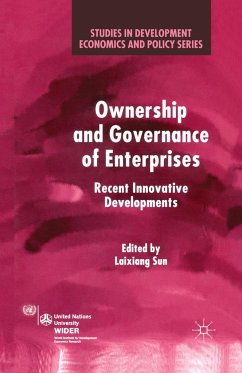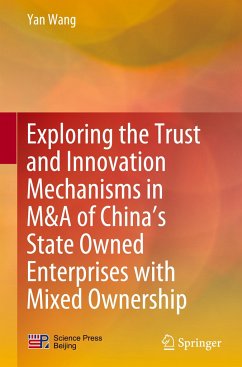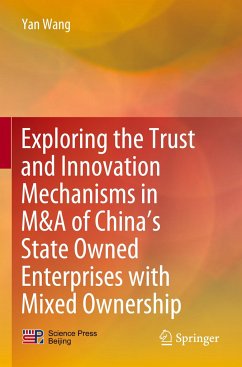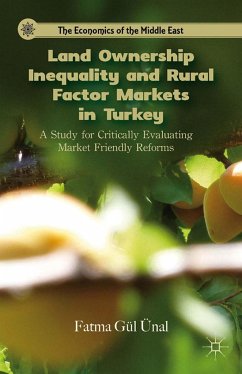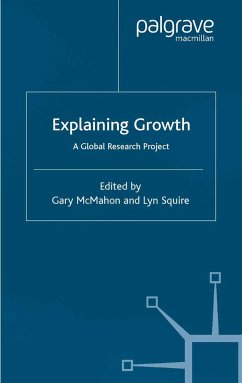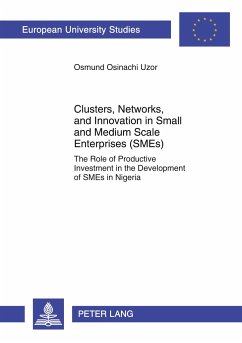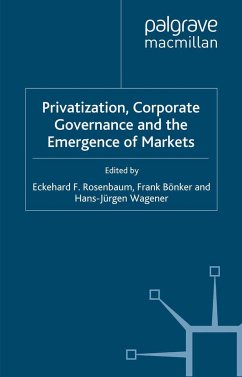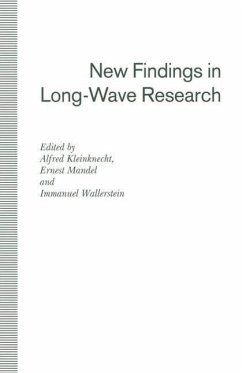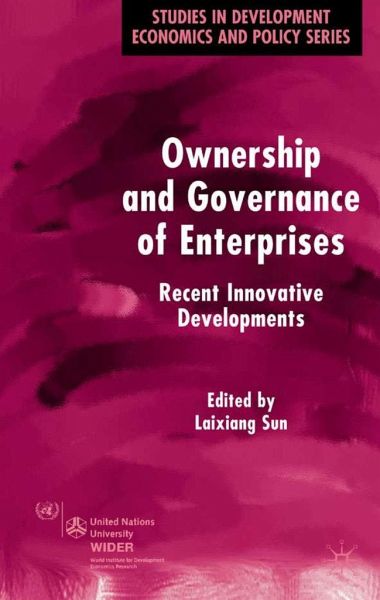
Ownership and Governance of Enterprises
Recent Innovative Developments
Herausgegeben: Sun, Laixiang
Versandkostenfrei!
Versandfertig in 6-10 Tagen
76,99 €
inkl. MwSt.
Weitere Ausgaben:

PAYBACK Punkte
38 °P sammeln!
Conventional wisdom recommends the superiority of private ownership of enterprises. The reality confronts it with a rich diversity in ownership and governance structures. This volume examines five types of unorthodox ownership and governance form emerging in the industrial sector across major economies. It analyzes two cases to demonstrate that there are alternative ways to harden budget constraints of state-owned enterprises. It investigates the driving forces behind these evolving dynamics and explores policy implications for developing and transition economies.





